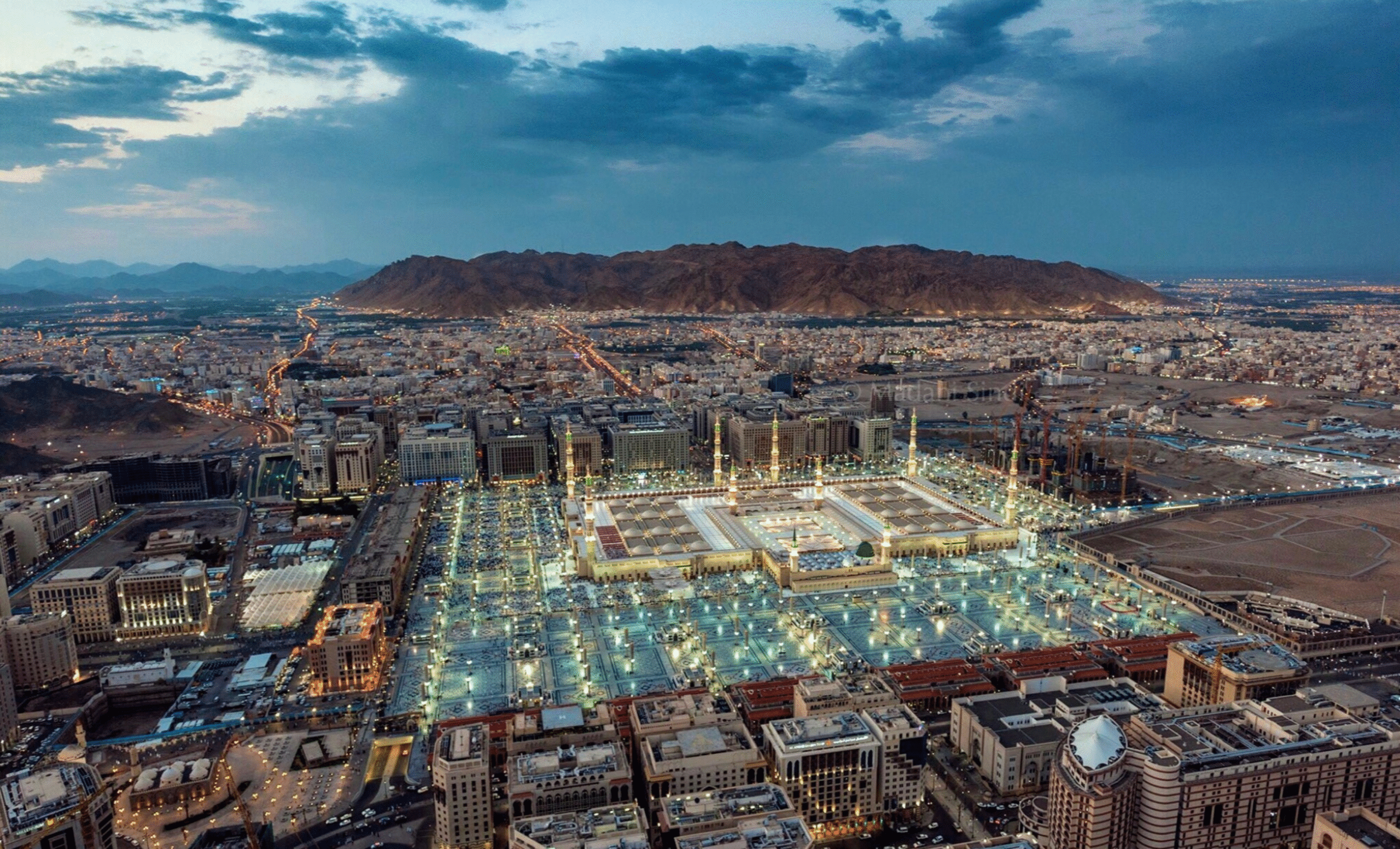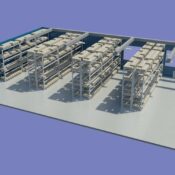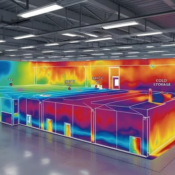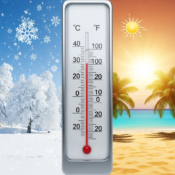In the ever-evolving landscape of modern cities, energy efficiency in buildings has become a priority for both sustainability and cost-effectiveness. Urban environments, especially in hot climates like Saudi Arabia, face unique challenges due to excessive heat, poor airflow, and dense infrastructure. One of the most powerful tools in addressing these challenges is the temperature mapping study — a scientific approach that enables precise identification of heat distribution patterns within and around buildings.
At Eximia360, we specialize in delivering advanced temperature mapping study services across Saudi Arabia, including major cities such as Jeddah, Dammam, and Riyadh. Through our expertise and technology-driven methods, we help clients reduce energy consumption, improve thermal comfort, and optimize HVAC system performance in both commercial and residential buildings. Learn more at www.eximia360.com.
What is a Temperature Mapping Study?
A temperature mapping study involves the strategic placement of data loggers or temperature sensors across a building or structure to record variations in temperature over time. These readings are then analyzed to detect hot spots, areas of temperature imbalance, and inefficiencies in heating or cooling systems.
Whether it’s a high-rise office in Riyadh, a logistics warehouse in Dammam, or a residential complex in Jeddah, the data collected from a temperature mapping study offers invaluable insights. This data-driven approach allows architects, engineers, and facility managers to implement targeted solutions that enhance energy efficiency.
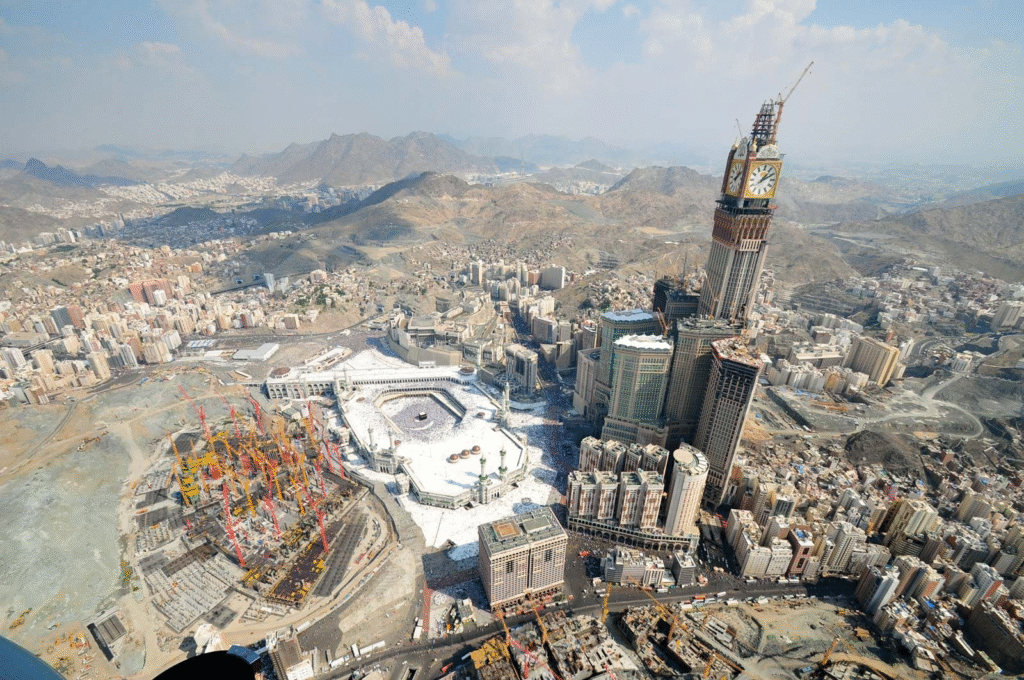
Why Urban Buildings Need Temperature Mapping
Urban buildings, especially in the Middle East, are under constant thermal pressure. External factors such as solar radiation, building orientation, and surface material play a huge role in indoor temperature regulation. Internally, uneven cooling and heating due to outdated HVAC systems can lead to increased energy bills and reduced occupant comfort.
Through a temperature mapping study, Eximia360 helps identify:
- Zones with persistent heat gain or loss
- Areas with poor air circulation
- Inconsistent cooling across floors or rooms
- Overworked HVAC components
By addressing these issues with real data, building owners can fine-tune their energy usage strategies and implement energy-saving measures.
How Eximia360 Helps Reduce Energy Use
Eximia360’s temperature mapping study services are designed to empower building owners and facility managers with accurate, visual representations of thermal patterns. Once temperature inconsistencies are identified, actionable strategies such as insulation improvements, smart zoning, equipment upgrades, and automation can be implemented.
Our services in Jeddah, Dammam, Riyadh, and throughout Saudi Arabia have helped clients:
- Achieve up to 25% energy cost savings
- Increase the life span of HVAC systems
- Improve compliance with green building regulations
- Enhance indoor air quality and comfort
Real-World Application: From Data to Efficiency
In a recent temperature mapping study conducted for a commercial tower in Dammam, Eximia360 identified that poor insulation in the upper floors was causing a 3°C increase in indoor temperature compared to the ground level. This imbalance led to overcooling in certain zones and wasted energy. With our detailed report, the client implemented localized insulation and airflow adjustments — reducing energy usage by 18% in just three months.
Why Choose Eximia360?
With cutting-edge technology and a client-centric approach, Eximia360 leads the way in temperature mapping study services in Saudi Arabia. Our team ensures that every study is tailored to the unique needs of your building, climate zone, and energy goals.
Whether you’re located in the heart of Riyadh, the coastline of Jeddah, or the industrial zones of Dammam, our team is ready to support your sustainability journey.
Contact Us
Optimize your building’s energy use today with a professional temperature mapping study from Eximia360.
🌐 Visit us at: www.eximia360.com
📍 Serving: Saudi Arabia, Jeddah, Dammam, and Riyadh


